Carob - an opportunity to try something new. The word comes from the Arabic word "kharrub", translated - "bean pods".
Carob are trees that grow without any problems in extremely severe climatic conditions. They are resistant to drought and poor soil. Today they are distributed throughout the Mediterranean, while years ago they were grown mainly in North Africa.
The locust bean pod contains high amounts of sugar. When ripe, it is dried or baked. It is used to make flour, syrups, sugar, molasses and cocoa substitutes.
Carob pods are used as an alternative to chocolate. However, they are much more healthy, because they lack harmful compounds such as caffeine, theobromine and phenylethyls, which cause migraines and allergic reactions.
These ingredients are also toxic to dogs and cats. The tannins contained in it make it a wonderful remedy for acute diarrhea in children.
Carob contains a real bouquet of vitamins A, B, B1, B2, B3, B6, D. In addition, the pods are rich in trace elements calcium, iron, potassium, magnesium, manganese and 8% protein.
They contain large amounts of fiber and pectin, which help regulate metabolism and remove toxins from the body.
Carob have a natural, soft and sweet taste. They are perfect for people allergic to chocolate and those who do not like it. In cooking, carob is used as a substitute for cocoa in every recipe.
Carob flour is rich in carbohydrates, sucrose, glucose and fructose. The fiber in its content lowers serum cholesterol.
Carob seeds are also used to produce the stabilizing agent E410-carobine, which is widely used in the food industry.
In addition, a gluten-like carotene-like protein complex is isolated from them. It is used to make bread dough with excellent taste and most importantly, gluten-free.
A healthier, chocolate alternative? It may look too good to be true! But with carob, chocolate lovers can eat chocolate cake without remorse. The reason is that, as we said, carob is a substitute for chocolate and cocoa.
Carob bears fruit from a Mediterranean evergreen tree called Ceratonia siliqua and the ancient Greeks were the first to cultivate the trees. Interestingly, it can take up to seven years, even to get the pods that contain the healthy carob.
The pods contain small seeds and brown, edible pulp, with the pulp accounting for 90 percent of the pod. The use stems mainly from the low sugar content of carob, while offering the natural sweetness of the products.
Health benefits of carob
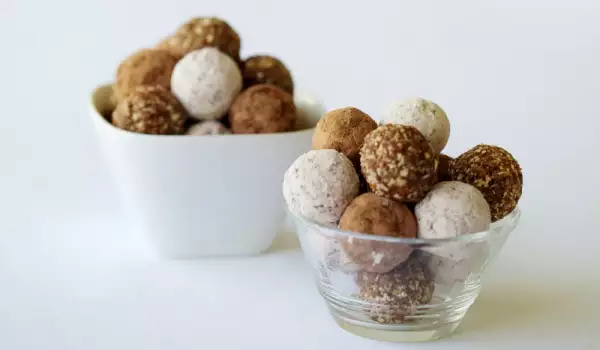
Weight Loss
Replacing chocolate with carob can save you hundreds of calories, largely due to its low sugar and fat content.
Promotes heart health
With just two tablespoons of carob powder, you achieve an average of six percent of your total daily fiber needs. Getting enough fiber has been shown to lower cholesterol levels, ultimately reducing the risk of heart disease.
Promotes gut health
The use of carob can promote bowel regularity. In addition, the unique tannin content in carob is offered to prevent the development of harmful bacteria in the gut.
Manages blood sugar
Carob is especially good for managing the blood sugar, as it offers a sweet taste with less sugar than its commercially available relative.
Maintains bone strength
Compared to chocolate, carob offers twice as much calcium. Adequate calcium intake is well known for its role in maintaining bones. Mix carob in milk for a healthy, calcium-rich version of chocolate milk, with no added sugars, which are most commonly found in chocolate syrups.
Carob for diarrhea
Carob is effective in reducing the duration of diarrhea symptoms if taken with oral rehydration solution.
Lowers cholesterol
Carob with high fiber content is effective in lowering blood cholesterol levels. It also improves the ratio of HDL to LDL in the blood.
Has antidiabetic activity
Carob has the ability to lower insulin, which may be useful in managing type 2 diabetes.
Contains antioxidants
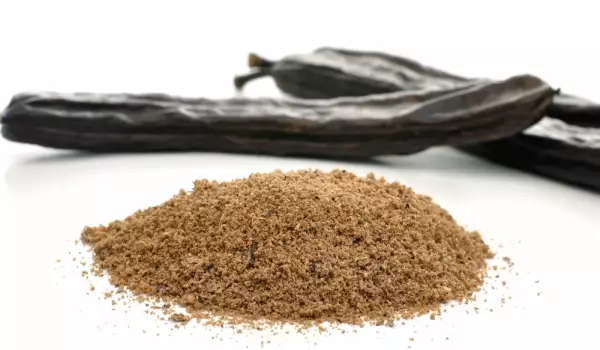
Carob is believed to be rich in antioxidants. It is used to repair and prevent damage to cells by free radicals.
It has antifungal and antibacterial action
Powder made from carob pods and seeds is used as an antifungal, antibacterial agent in the treatment of wounds and other skin diseases.
Has an analgesic effect
Carob is also believed to relieve pain.
Carob can prevent anemia, to cure cough and flu.
Carob is rich in phosphorus and calcium and is used for the prevention and treatment of osteoporosis.
Cooking with carob
Carob is available in a wide variety of forms, including carob powder, chips, syrups, extracts.
Carob powder is the dried, edible pulp, ground into powder. And it is used to replace chocolate in these sweet treats, including brownies, coconut bars and cookies.
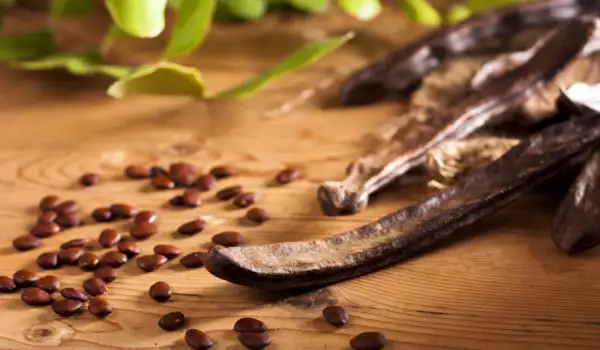

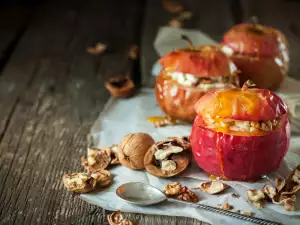


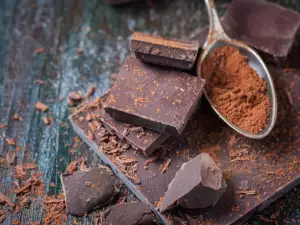
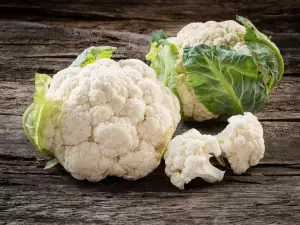

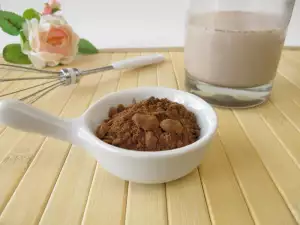
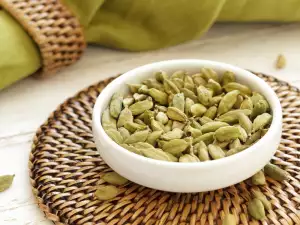
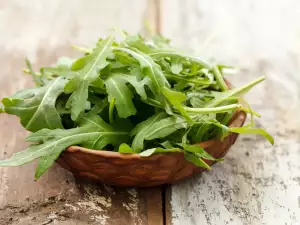
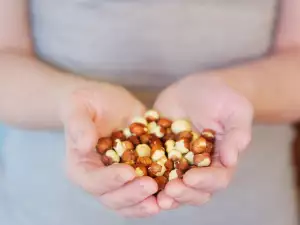

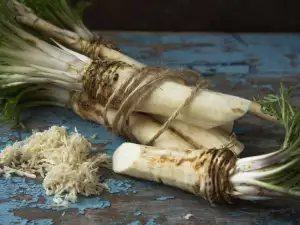
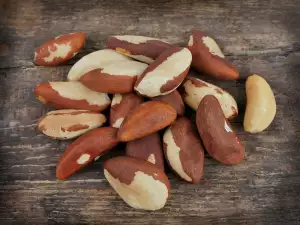
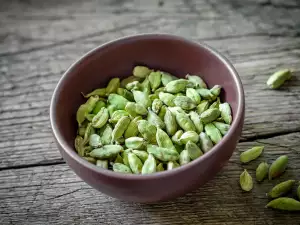




Comments